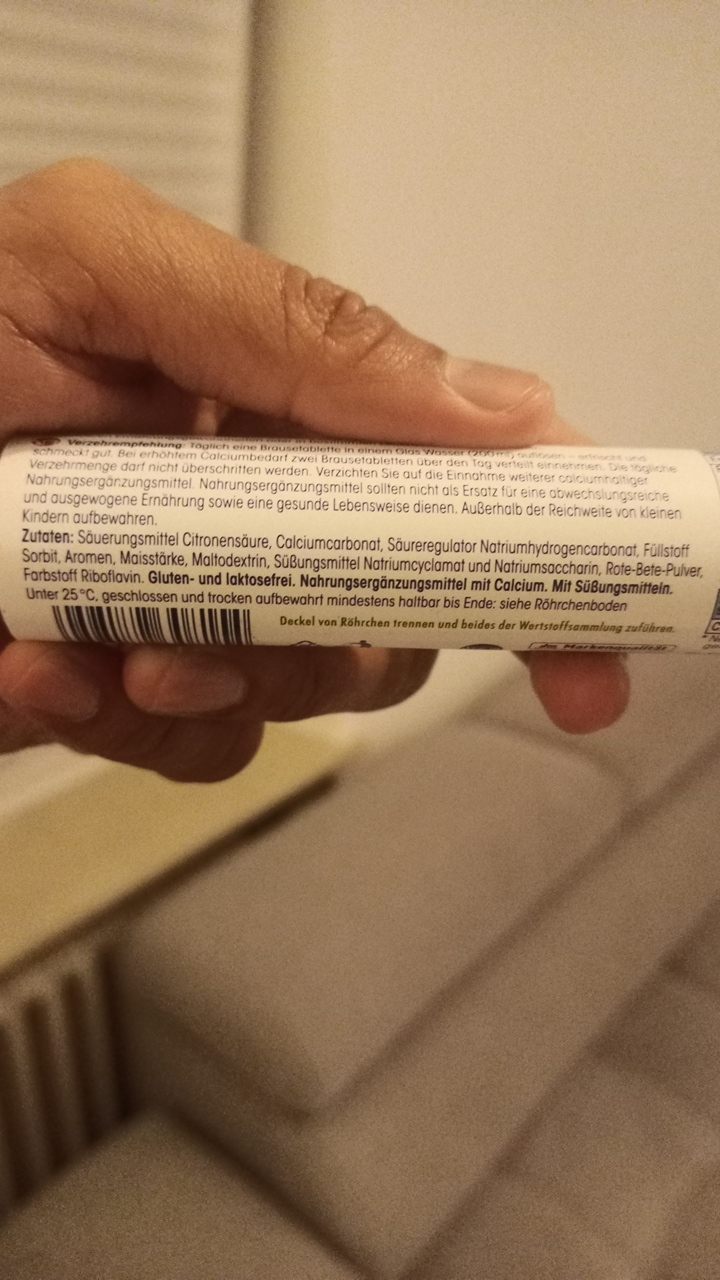
Barcode: 4058172308154
unknown
HALAL
📝 Reason: The product is considered Halal as it does not contain any Haram ingredients or E-codes. Ingredients marked as Doubtful require further verification for Halal compliance. Islamic sources emphasize the importance of consuming Halal food as per Quranic guidelines (Quran 5:3).
📄 Certificates: None
Ingredients:
Details
Understanding the Halal Status of the Unknown Product
In today’s world, understanding the dietary choices we make is essential. One of the most important considerations for many consumers is whether a product is Halal. Produced under responsible guidelines, the Unknown product meets the Halal status, ensuring that it contains no Haram ingredients. In this post, we will explore the Halal status of the Unknown product and discuss its ingredients in detail.
What Does Halal Mean?
Halal is an Arabic term meaning ‘permissible.’ According to Islamic guidelines, Halal foods are those that meet specific criteria set forth in the Quran. Muslims are encouraged to consume only foods that are Halal, making it vital to examine the ingredients of any product.
Halal Status of the Unknown Product
The Unknown product is marked as Halal because it doesn’t contain any Haram ingredients or E-codes. The primary explanation behind this is that all individual ingredients have been evaluated as being Halal or require further verification for Halal compliance. As stated in the Quran (5:3), consuming Halal food is essential for believers.
Ingredient Breakdown
The Unknown product includes the following ingredients, all of which are examined for Halal compliance:
- Citric Acid: Generally recognized as Halal. This ingredient is commonly used as a natural preservative.
- Calcium Carbonate: Also recognized as Halal. This mineral is often used to fortify foods and is commonly found in supplements.
- Sodium Bicarbonate: Considered halal, sodium bicarbonate is used primarily as a leavening agent in baking.
- Sorbitol: This sugar alcohol is commonly used as a sweetener and is classified as Halal.
- Flavoring: This ingredient is marked as dubious due to the unspecified source, it could either be Halal or Haram, requiring further verification.
- Corn Starch: Recognized as far as Halal status is concerned, often used as a thickening agent.
- Maltodextrin: Another Halal ingredient, typically used as a thickener or sweetener.
- Sodium Cyclamate: Labeled as dubious, this artificial sweetener’s Halal status depends on its source and processing.
- Saccharin Sodium: Similar to sodium cyclamate, its status can vary based on source and processing method.
- Red Beet Powder: Generally regarded as Halal, often used as a natural coloring agent.
- Riboflavin: Another ingredient that is Halal and commonly utilized in dietary supplements.
- Calcium: Recognized as Halal, often used as a fortifying ingredient in food products.
- Gluten: Recognized as Halal, however, those with gluten intolerance should tread carefully.
- Lactose: Also recognized as Halal, commonly found in dairy products.
Conclusion
The Unknown product, labeled as Halal, stands a good choice for those seeking to adhere to dietary guidelines in accordance with Islamic principles. While most ingredients are clearly Halal, some ingredients such as flavoring, sodium cyclamate, and saccharin sodium need to be verified based on their source and processing methods. Always ensure to check certification and ingredient labels if you have concerns about the Halal status of a product.
In summary, by choosing Halal products, you are not only considering health aspects but also aligning with ethical consumption practices. Make informed decisions and enjoy your food while adhering to your beliefs.
